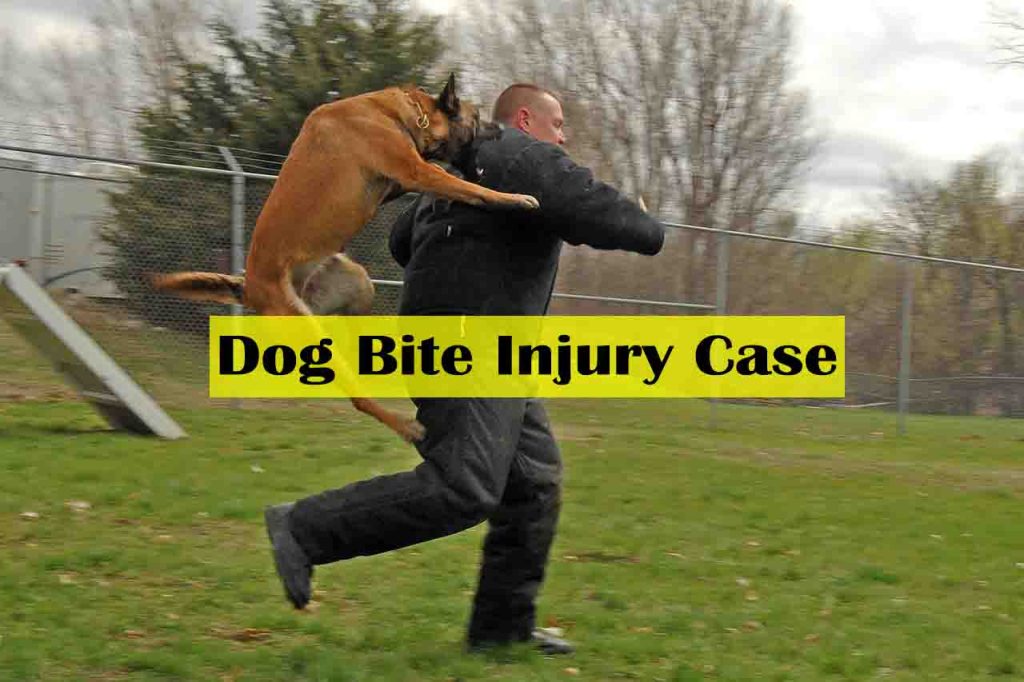Everyone, regardless of age or gender, can sustain a dog bite injury because they happen frequently. These wounds may be severe and have long-term psychological and physical ramifications. In New Jersey, the victim may sue the dog’s owner for negligence, strict responsibility, or deliberate torts. The defendant, however, could be able to contest the plaintiff’s allegations with a number of other legal defenses. We will go over some of the potential defenses the defendant may raise in a dog bite injury claim process in this blog post.
Provocation
Provocation is one of the most frequently utilized defenses in dog bite cases, according to the victim. The defendant might not be responsible for the injuries that resulted if they can show that the victim provoked the dog. Provocation can take many different forms, including dog harassment, striking, and teasing. To prove that the victim’s behavior led to the dog attack, the defendant may provide proof, like witness accounts or camera footage.
Trespassing
The defendant might assert that they were not at fault for the dog bite wounds if the victim was trespassing on their land at the time of the incident. Owners of real estate are required by law to keep visitors away from their property, and if a trespasser is bitten by a dog, the owner is often not responsible for the resulting injuries.
Comparative Negligence
In some circumstances, the dog bite occurrence may have been caused in part by the victim’s own carelessness or negligence. The defendant can contend that the victim was somewhat to blame for their injuries if, for instance, they were playing or running in a way that alarmed the dog. According to the plaintiff’s comparative carelessness, the court may, in certain circumstances, reduce the number of damages granted to them.
No Prior Knowledge of Aggressive Behavior
In some circumstances, the defendant may contend that they were unaware of the dog’s history of aggression and were, therefore, unable to foresee the assault. To bolster their argument that they had no cause to think the dog represented a threat to others, the defendant may offer data such as the dog’s behavior logs or medical reports.
Absence of Ownership or Control
The defendant may assert that they did not own the dog at the time of the occurrence or exercise any control over it. For instance, the defendant might contend that they were not liable for the dog’s activities if they were acting as a dog walker or pet sitter when the incident happened.
Assumption of Threat
The defendant is also permitted to raise this argument. The defendant can contend that the victim accepted the risk of being bitten if the victim was aware that the dog had a history of acting aggressively or was cautioned about the dog’s temperament but still decided to interact with it. The defendant may use proof such as waivers that the victim signed or witness testimony to demonstrate that they were aware of the dangers.
Hence, it is crucial to comprehend the potential defenses that the defendant may employ to dispute your claims if you are involved in a dog bite injury lawsuit. Your prospects of obtaining just compensation for your injuries might be improved by working with a skilled personal injury attorney who can guide you through the legal process and develop a compelling case.

